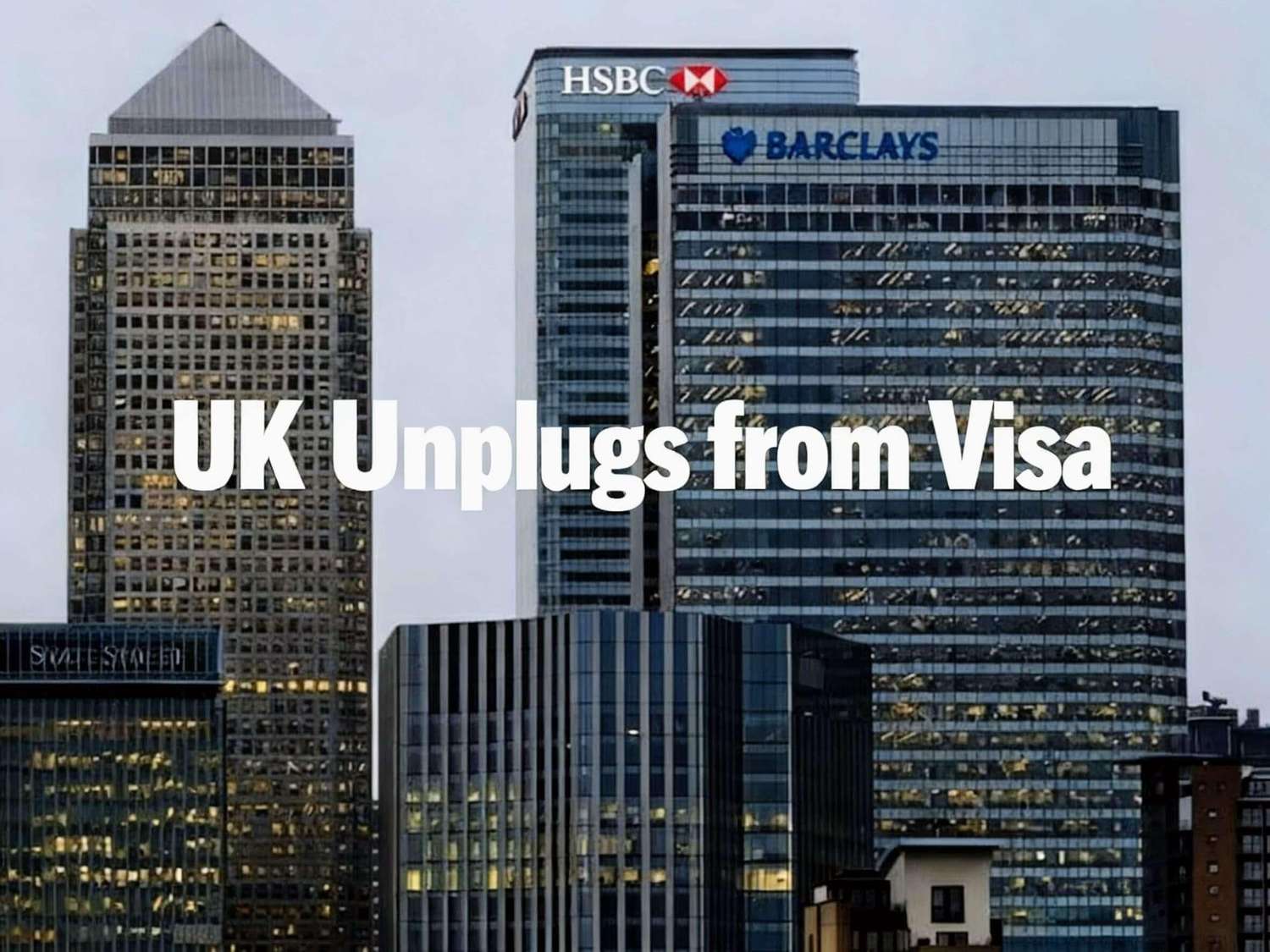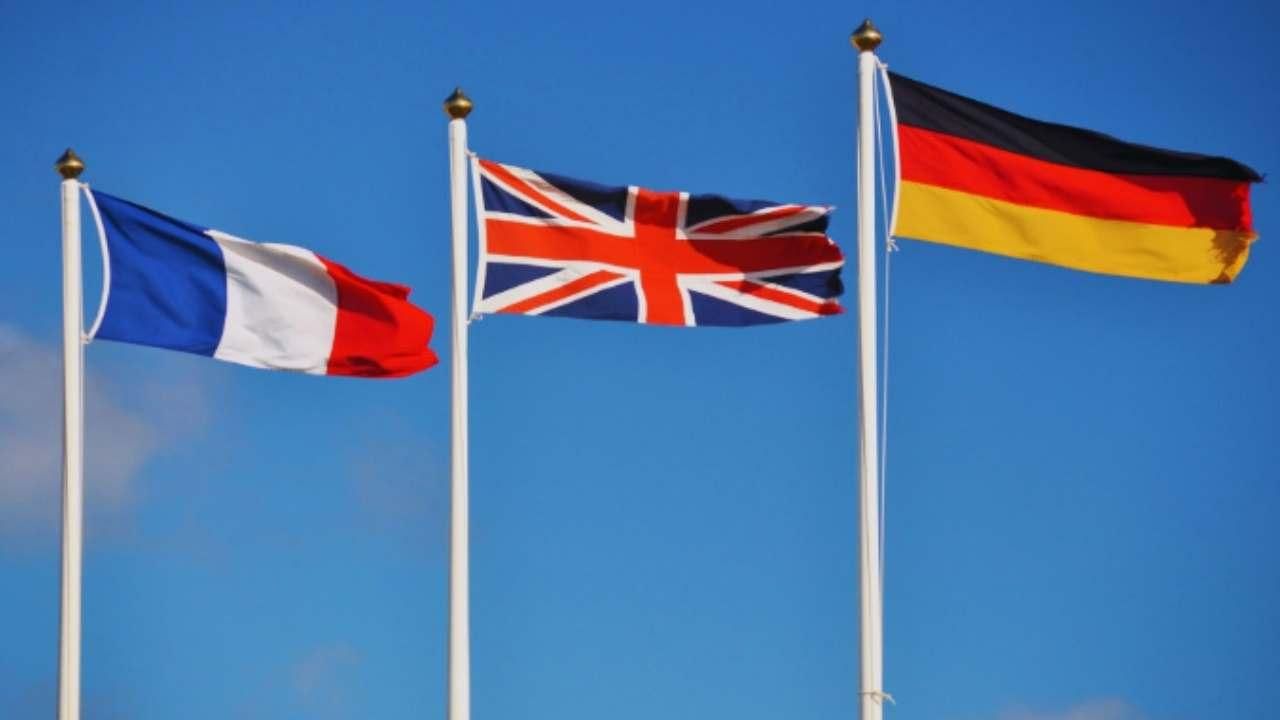Transatlantic relations are facing unprecedented turbulence as the Trump administration launches a scathing attack on the UK’s newly passed Assisted Dying Bill, accusing Britain of "standing for surrender and death." This dramatic intervention into UK domestic policy coincides with Prime Minister Keir Starmer's unveiling of a bold new trade strategy, designed to build global alliances and navigate an international landscape increasingly dominated by protectionist policies often championed by Washington.
The dual developments signal a significant ideological and economic divergence, casting a shadow over the "special relationship" and raising questions about a growing friction between London and a US foreign policy seemingly intent on imposing its will on allies.
Washington's Condemnation: "State-Subsidised Suicide"
In a strikingly aggressive statement, the Trump administration's State Department, through its Bureau of Democracy, Human Rights and Labour, publicly lambasted the UK after MPs narrowly approved Kim Leadbeater’s Assisted Dying Bill. The US agency asserted that "the western world should stand for life, vitality and hope over surrender and death," directly equating the UK's move with the latter.
The bill, which would legalise assisted dying for terminally ill adults with fewer than six months to live, passed its Third Reading in the House of Commons by a slim 23-vote majority last week and now proceeds to the House of Lords. The State Department's characterisation of the legislation as "state-subsidised suicide" represents a level of direct criticism rarely seen between close allies, and follows previous US concerns regarding freedom of expression in the UK, notably after the prosecution of anti-abortion campaigner Livia Tossici-Bolt.
UK's Strategic Shift: Battling Protectionism with New Allies
Meanwhile, Prime Minister Keir Starmer has unveiled the UK’s first post-Brexit Trade Strategy, openly acknowledging a "difficult environment" plagued by tariffs and increasing protectionism – a clear reference to the "America First" policies often associated with a potential Trump presidency.
In a deliberate strategic pivot, Starmer hinted at a new "multilateral approach," actively engaging "like-minded countries" such as Japan, Singapore, Australia, New Zealand, and Canada. These nations are key members of the Comprehensive and Progressive Agreement for Trans-Pacific Partnership (CPTPP), an Asia-Pacific trading bloc the UK joined in December. The new strategy aims to leverage the CPTPP as a platform for deeper trading relationships based on liberal, rules-based trade.
Further underlining this shift, the UK announced its decision to join the World Trade Organization’s Multi-Party Interim Appeal Arbitration Arrangement (MPIA), an alternative dispute resolution system that the US has previously resisted. This move signals the UK's commitment to global free trade rules, even if it means diverging from Washington's stance.
These simultaneous events underscore a deep and growing chasm between the UK and the US. While not a literal "war," the aggressive rhetoric from the State Department, coupled with the UK's proactive economic realignment, signals a significant diplomatic and ideological clash. The Trump administration appears willing to exert moral pressure on UK domestic policy, while the UK is strategically hedging against potential US trade protectionism by forging stronger bonds with other global partners.
The very definition of the "special relationship" is being tested. As the US seemingly embraces an inward-looking, assertive foreign policy, the UK, under Starmer, appears determined to carve out an independent global role, prioritizing multilateralism and a rules-based order, even if it puts it at odds with its closest historical ally. The transatlantic dynamic is undoubtedly entering a period of unprecedented strain and redefinition.







_2.jpg)
.svg)


